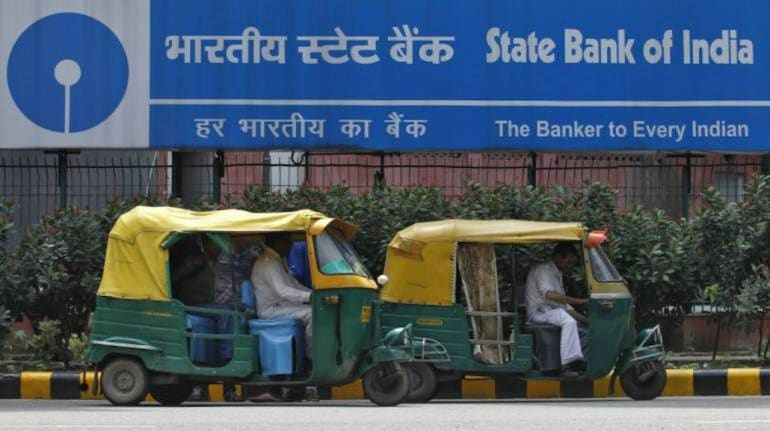
State Bank of India (SBI) may offer all its term loan borrowers a three-month moratorium to tide over economic difficulties during the lockdown due to the coronavirus pandemic, BloombergQuint reported.
India’s largest lender, SBI, will offer the moratorium to all customers, with an option to ‘opt out’, rather than making individual assessments, sources told the publication. This is so as to minimise delay in providing relief to customers.
Apart from individuals, working capital loans availed by micro, small and medium enterprises (MSMEs) will also be offered the same moratorium, officials added.
Moneycontrol could not independently verify the report.
Borrowers not impacted by COVID-19 related disruptions can opt out of the moratorium and can inform the bank to continue making payments, the report added.
Besides this, the bank is also looking to extend support to securitised loan pools purchased with underlying assets that qualify for the moratorium, the source added.
The bank will release a communication campaign to generate awareness and detail specifics of the moratorium, how it will impact the repayment schedule, and make known the ‘opt out’ option.
The board of the bank is set to meet this week to finalise the decisions.
SBI did not respond to the publication.
Also Read: RBI’s moratorium | Don't stop your loan EMIs if you can afford to pay
The decision comes after Reserve Bank of India (RBI) Governor Shaktikanta Das, on March 27, announced fiscal support via a three-month moratorium on loans but said the final contours were up to banks.
Follow our LIVE Updates on the coronavirus pandemic here
On the flip side, worries are emerging about lenders’ liquidity position if customers avail the moratorium en masse
As per a report by The Economic Times, if a large number of borrowers defer loan payments, it could off-set the benefits if extra liquidity.
In such a scenario, banks would be reluctant to extend moratoriums to certain category of borrowers – such as government or large company’s employees – whose salaries have not been impacted.
Banks with high credit-deposit ratio are also concerned that, if more than 50 percent borrowers opt for the moratorium, the liquidity announced by the RBI would be lower than the interest payments to be made.
“Since these banks will have to continue to pay depositors the interest and maturity amounts, such a situation could actually worsen the liquidity position of banks,” a senior banker told ET.
Discover the latest business news, Sensex, and Nifty updates. Obtain Personal Finance insights, tax queries, and expert opinions on Moneycontrol or download the Moneycontrol App to stay updated!